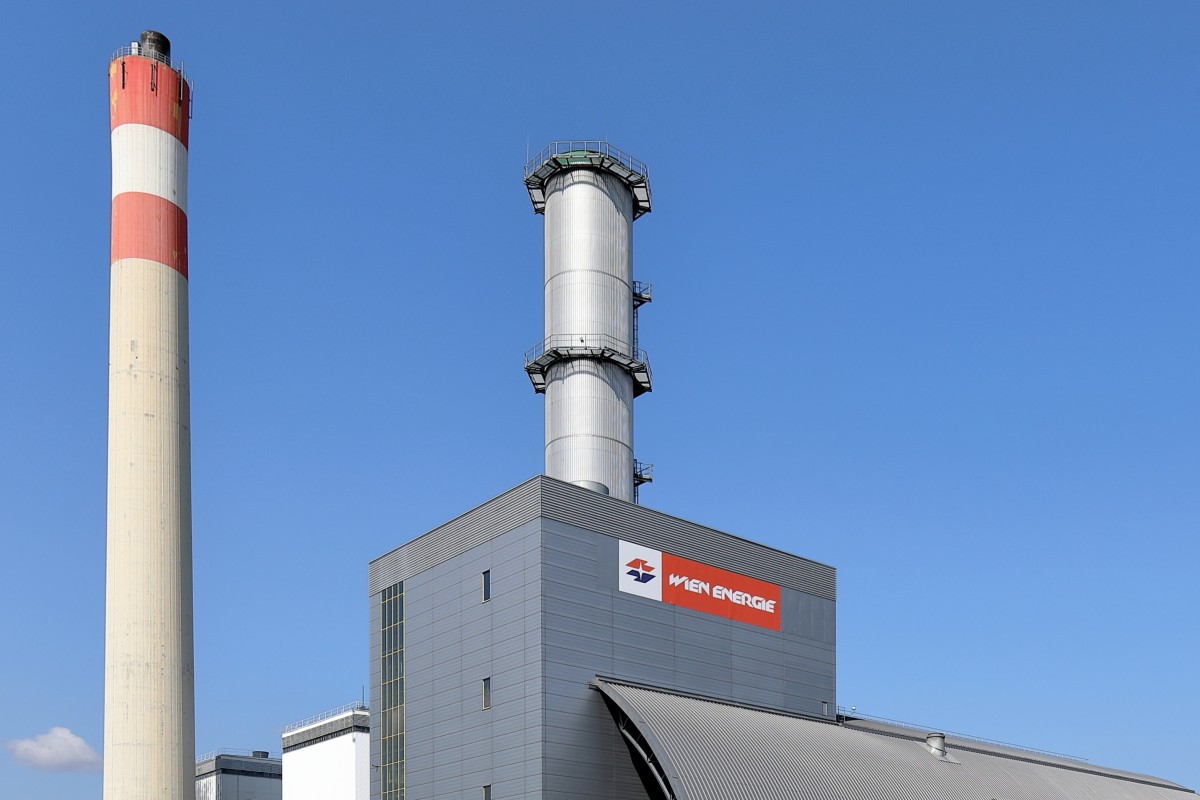Sponsored Content
Vienna Plans to Build its First Geothermal Plant by 2026
A geothermal plant, Vienna's first, is to supply 20,000 households with emission-free district heating. Wien Energie wants to set a milestone toward a climate-neutral city by 2026. An important milestone on the path to a climate-neutral major city is the use of deep geothermal energy. Wien Energie has now presented the concrete plans for this at a press conference with Peter Hanke, City Councillor for Economic Affairs.
 "Get out of gas" is a declared goal for Vienna's energy and heating supply. / Picture: © Wikimedia Commons, Bwag, CC BY-SA 4.0
"Get out of gas" is a declared goal for Vienna's energy and heating supply. / Picture: © Wikimedia Commons, Bwag, CC BY-SA 4.0
For Vienna to become climate-neutral and independent of fossil energy in the future, it needs sustainable energy sources. Deep geothermal energy plays a special role here. After all, using geothermal energy from great depths is an emission-free, clean and safe alternative for heating buildings. And thanks to a huge deposit of thermal water at a depth of several kilometers, the German…
or Log In
Fast News Search





